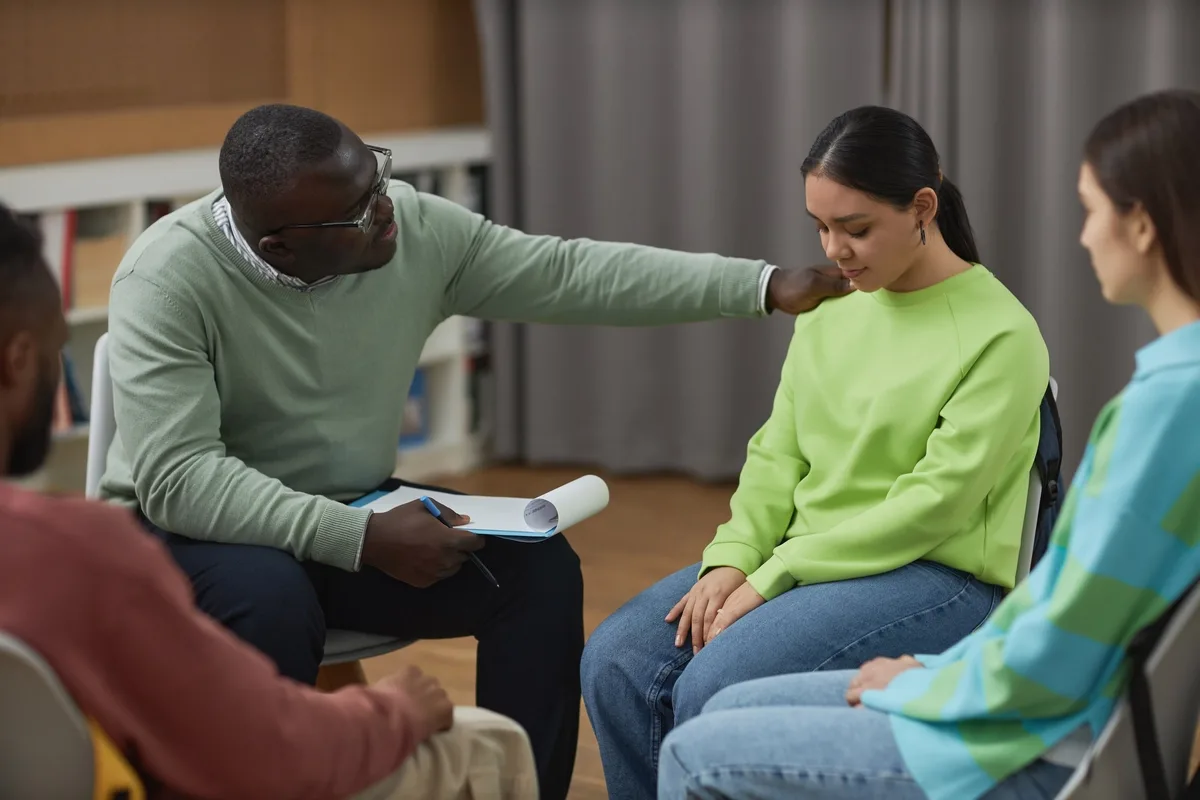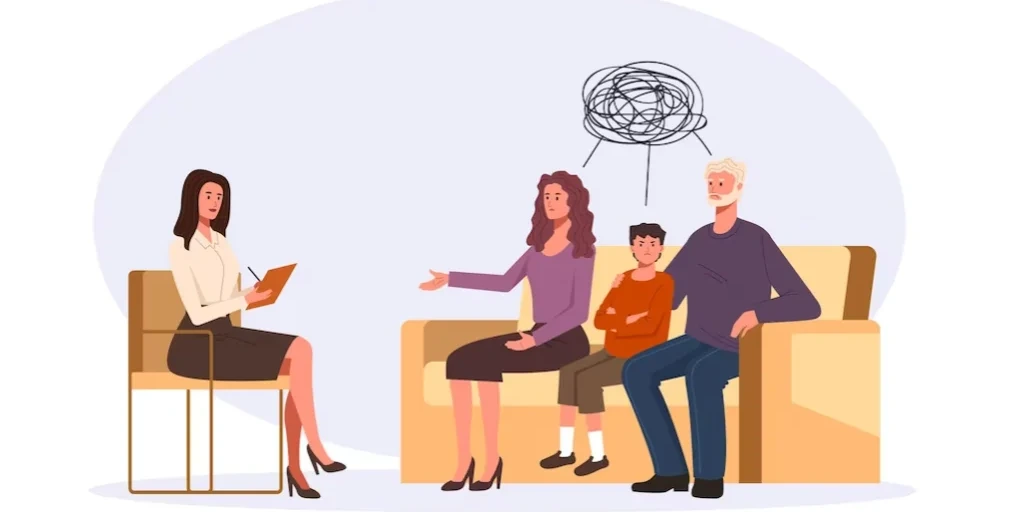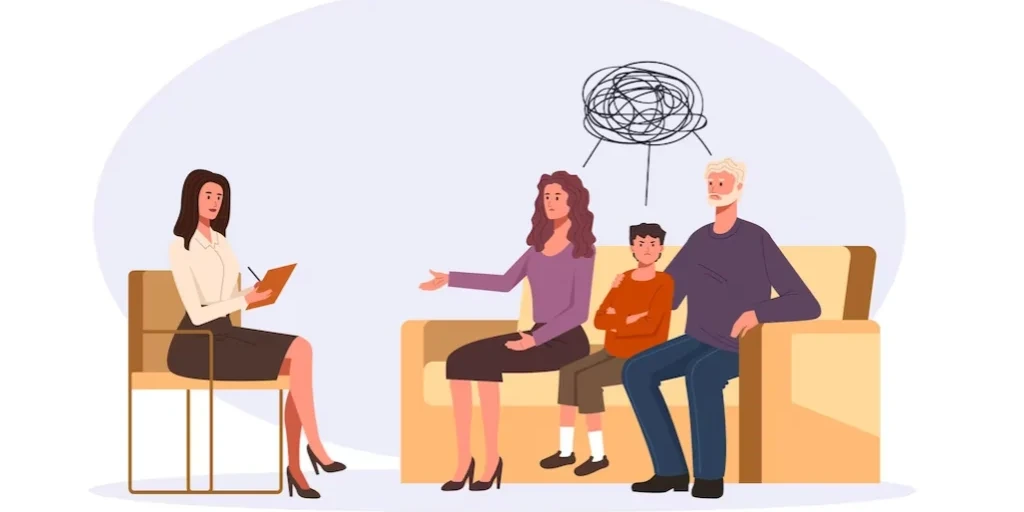24/7 Helpline:
(866) 899-221924/7 Helpline:
(866) 899-2219
Learn more about Fentanyl Detox centers in Marion County

Other Insurance Options

State Farm

Meritain

MVP Healthcare

WellCare Health Plans

Optum

Premera

Group Health Incorporated

BlueShield

Ceridian

EmblemHealth

WellPoint

CareSource

Health Net

GEHA

Regence

Horizon Healthcare Service

Providence

Health Partners

ComPsych

Coventry Health Care






















































